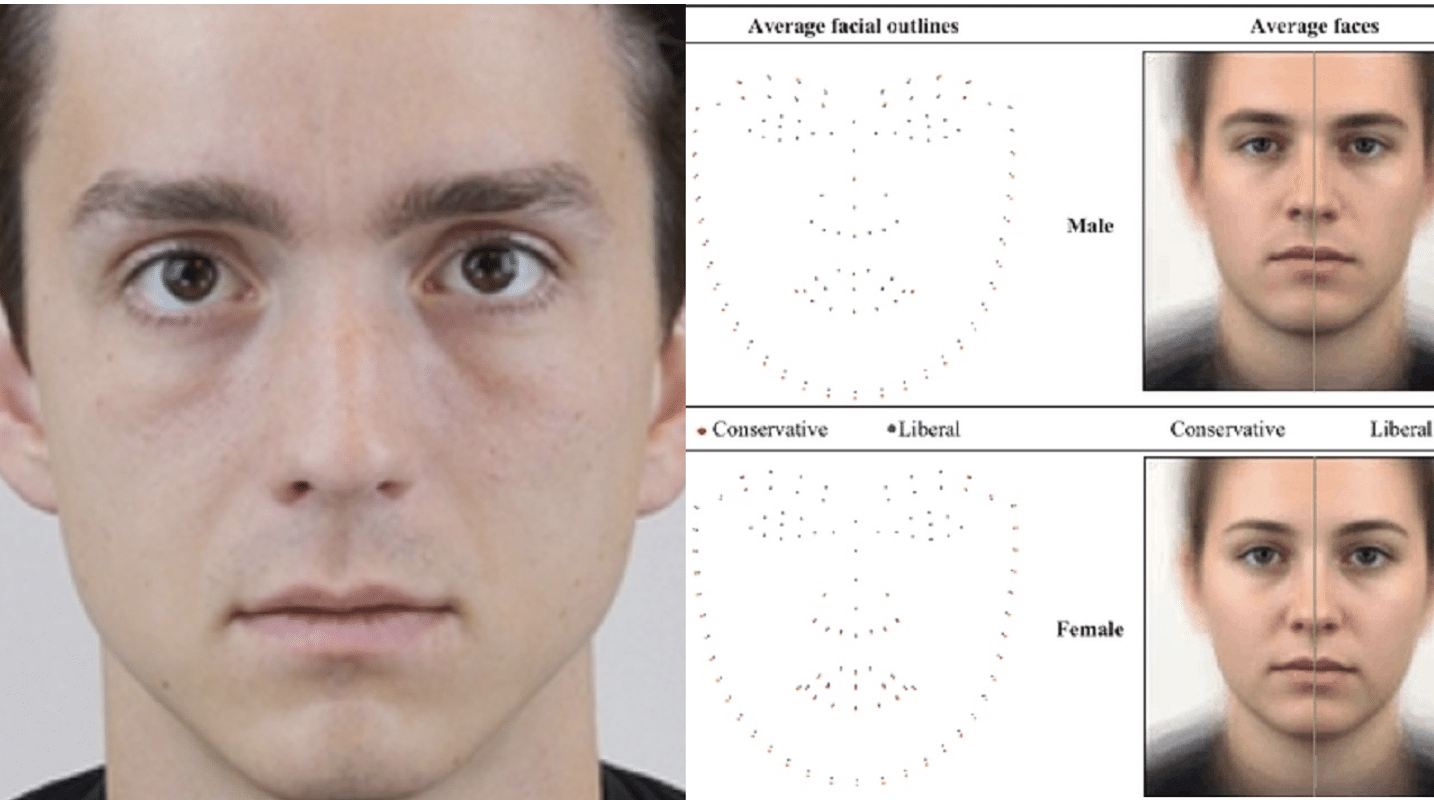Ana Gabriela do Prado Paschoal sat at a desk in a small medical exam room and began a familiar, heartbreaking ritual. Your baby’s head is smaller than normal, Dr. Paschoal told the anxious mother, who had contracted the Zika virus while pregnant. The 3-month-old girl, Maria Luiza, also had lesions on her brain. Her muscles were stiffer than normal, a sign of brain damage. Maria Luiza would take longer to walk and talk, Dr. Paschoal told the mother, a 24-year-old farmworker. More serious complications were likely, but the doctor decided that was enough news for one day.
The scale and severity of prenatal damage by the Zika virus are far worse than past birth defects associated with microcephaly, a condition characterized by a small head and brain abnormalities. Scans, imaging and autopsies show that Zika eats away at the fetal brain. It shrinks or destroys lobes that control thought, vision and other basic functions. It prevents parts of the brain not yet formed from developing. FULL REPORT
















